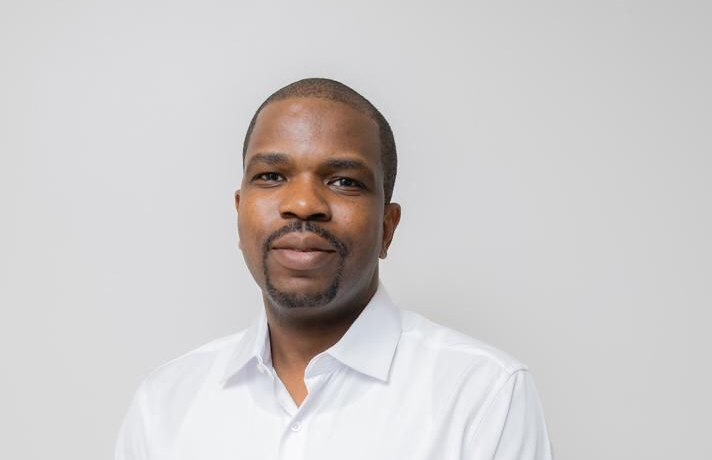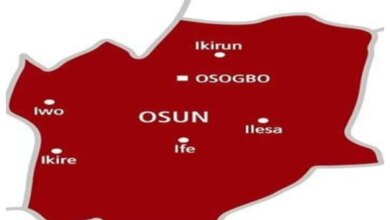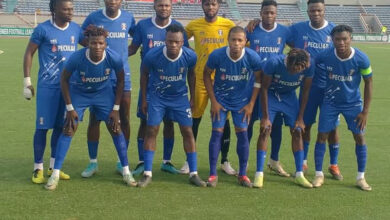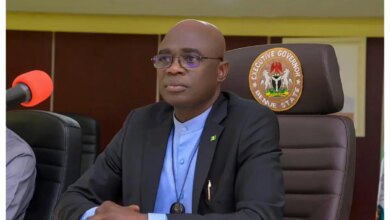A Quiz Is Not STEM: Ghana must stop confusing entertainment with education


The government’s recent release of GH¢9.5 million to support the 2025 National Science and Maths Quiz once again exposes how Ghana mistakes visibility for development.
For years, the state has poured attention and resources into what is essentially a televised game, celebrating it as a triumph of STEM education. Yet in reality, a quiz competition is not science education; it is a performance.
It rewards speed, fluency, and mastery of the rules, not innovation, creativity, or experimentation. If the National Science and Maths Quiz wishes to continue, it should survive on sponsorship from old students, alumni associations, and private donors who take pride in its prestige, not on taxpayer money that should be invested in the future of Ghanaian children who will never see the inside of a science laboratory.
I speak from personal experience. I have been part of many quiz competitions in my elementary, high school, and undergraduate days in Ghana.
I know firsthand that those who know how to play the game are the ones who win. It is not always the brightest or most innovative students who emerge victorious, but those who have mastered the art of timing, buzzer strategy, and presentation.
A quiz is a game, and like any game, it rewards technique more than depth. If the National Science and Maths Quiz truly needs sponsorship, it must look to past alumni, corporate partners, and external donors who celebrate its prestige, not to government funds that should be directed toward building a stronger and fairer educational foundation for all.
The idea that a quiz competition promotes science and technology is a comforting illusion. It gives the impression of progress while the foundations of STEM learning remain weak across the country.
A quiz can measure recall and alertness, but it cannot build laboratories, train teachers, or nurture the spirit of discovery that true science requires.
Ghana’s problem is not a shortage of students who can ring a buzzer fast; it is the absence of an education system that equips every child, especially those in rural and underprivileged schools, with tools to think, experiment, and build.
In places like Adzakpakodzi Local Authority Day Secondary School, talented students sit on wooden benches, studying diagrams of laboratory equipment they may never touch.
These are the young people who might have become nuclear physicists, robotics engineers, or environmental innovators if only the nation would invest in their potential rather than glorify a competition.
What is even more troubling is that the National Science and Maths Quiz has become a symbol of inequality disguised as excellence. The schools that dominate the contest every year are those already blessed with privilege, elite senior high schools that draw their students from private junior high schools in the big cities.
These students have been groomed from childhood to speak fluent English, to articulate confidently under pressure, and to master the format of competition.
They arrive well-prepared not because they are inherently more intelligent but because they have enjoyed early exposure, well-resourced teachers, and a culture that values expression and competition. In effect, the quiz measures privilege, not potential.
Meanwhile, in the rural and less endowed schools, there are equally brilliant students who lack this linguistic and social polish. They may think deeply, reason clearly, and grasp scientific principles profoundly, yet they are silenced by the structure of the competition.
The National Science and Maths Quiz, conducted entirely in English and under time pressure, becomes less a test of science and more a test of who can think and speak in English the fastest.
A student may know the concept in Ewe, Twi, or Dagbani but must translate it mentally into English before responding, losing precious seconds and confidence in the process.
The format therefore reproduces linguistic and cultural inequality and rewards a colonial framework of intellect while punishing indigenous expression of thought. The contest is not a fair field of scientific reasoning but a narrow arena that celebrates linguistic agility as a proxy for intelligence.
This reality explains why the same group of schools such as Achimota, PRESEC, Wesley Girls, Adisadel, and Mfantsipim continue to dominate year after year. They are not merely schools but products of a system built to advantage the already advantaged.
They possess laboratories, access to qualified science teachers, and networks of alumni who coach their teams for months. The so-called competition then becomes predictable theatre where the outcome mirrors the social hierarchy of Ghana’s education system.
The children of privilege win again, and the entire nation claps for them on television, mistaking their victory for national progress. In truth, the quiz only magnifies the divide between rich and poor schools. It does not inspire equity; it entrenches it.
If Ghana were serious about developing STEM education, it would invest this same GH¢9.5 million differently. That money could establish regional robotics and coding bootcamps that train thousands of students each year.
It could fund mobile science laboratories to reach schools without facilities or support teacher-training programmes that emphasize problem-solving and creativity over memorisation. It could equip rural schools with computers, laboratory kits, and internet access.
These investments would not be glamorous, but they would be transformative. They would give life to the imagination of the quiet student who may never appear on television but could one day design Ghana’s next technological breakthrough.
The tragedy of Ghana’s educational philosophy is that it equates public spectacle with progress. We are drawn to applause rather than advancement. The National Science and Maths Quiz is a celebration of memory, not of invention.
It makes us feel proud for a moment but does not move the nation forward. Real scientific development comes from curiosity, patience, and experimentation, from students who are allowed to fail, explore, and build.
A televised quiz cannot replace that. At best, it entertains; at worst, it distracts from the deeper work of reforming education.
It is time to rethink what we celebrate. The government must recognise that public funds should not be used to sustain entertainment events, no matter how intellectually framed they may appear. The National Science and Maths Quiz should be left to alumni, corporate bodies, and private sponsors who can afford it.
The state’s priority should be to ensure that every Ghanaian child, regardless of region or background, has equal access to science education.
That means investing in laboratories, modern teaching tools, and programmes that teach coding, robotics, and critical thinking. Only through such efforts will Ghana cultivate scientists who can design solutions for its challenges, from energy to agriculture to climate change.
Until that happens, the quiz will remain a mirror of privilege, not a measure of progress. It will continue to reward those who have already been equipped to play the game, while leaving behind those whose brilliance the nation refuses to acknowledge.
Somewhere in a rural classroom, there is a student who does not know how to beat a buzzer but, given the chance, could build one. That is where Ghana’s future lies, not in the lights of a television studio but in the silent, untapped minds waiting for opportunity.
DISCLAIMER: The Views, Comments, Opinions, Contributions and Statements made by Readers and Contributors on this platform do not necessarily represent the views or policy of Multimedia Group Limited.
DISCLAIMER: The Views, Comments, Opinions, Contributions and Statements made by Readers and Contributors on this platform do not necessarily represent the views or policy of Multimedia Group Limited.
Source link





